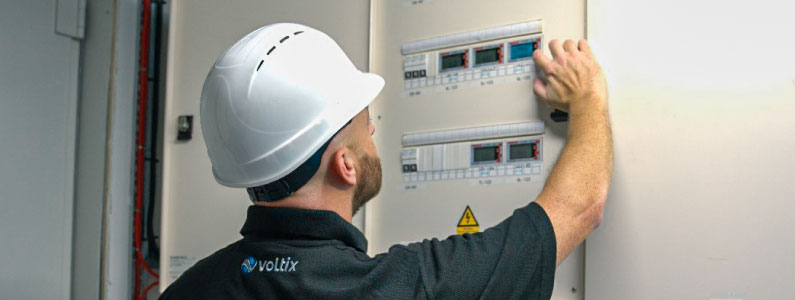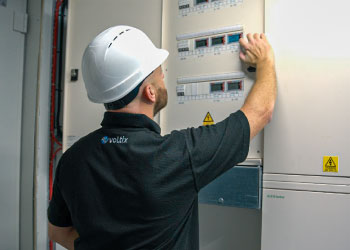The Benefits of Smart Meters

5 Reasons To Invest In Business Smart Meters
Technology and digital transformation empower businesses to work towards optimised, precise operations. Smart meters are essential tools to set achievable benchmarks and achieve energy efficiency goals.
As facilities maintenance professionals, we use smart meter data to drive the best energy management practices – with benefits that impact cost and operations for businesses.
What is a smart meter?
A smart meter is a digital device that collects and records data around electricity, gas and water consumption in real time. This makes accurate data automatically accessible to utilities companies and consumers.
What are the advantages of smart meters?
Today’s businesses face real challenges around reducing energy consumption. This is being driven by regulation and increased pressure by all stakeholders to implement more sustainable business practices. However, on the ground, the rising cost of utilities makes maximised savings a priority.
The following top advantages make a strong business case for the use of this smart infrastructure for modern commercial buildings.
1. No more manual meter readings
Have you stopped to think about the true cost of manual meter readings? From the personnel required to the risk of oversight or human error, traditional meters are far from a perfect science.
Smart infrastructure removes the manual processes around these readings, saving the time and resources it takes to perform the checks – and rectify issues. This is especially useful for multi-location and complex multi-tenanted operations.
2. Accurate billing
Billing inaccuracies can amount to thousands. Additionally, there are time and administrative costs to rectifying issues. Smart meters send readings through to suppliers automatically, with accurate billing amounts derived from your actual consumption data.
3. Data-inspired energy management
Understanding consumption is the first step to reducing consumption. Knowing where you use energy allows businesses and building owners to identify areas of potential savings. This allows for quick adjustments to be made around what can be switched off or upgraded for reduced consumption over time.
4. Agility in a changing world
Climate change, war, growing populations and resource preservation: these and other factors are responsible for evolving regulation that affect energy usage and the markets. As the past few years have taught us, flexibility and adaptability are invaluable for today’s businesses.
The data from smart meters allow for changes to be mapped with reduced guesswork – and so reduced disruption and cost.
From building a smart grid to implementing renewable energy sources with minimal downtime, consumption data will play a key role in energy management for the future.
5. Simplified ESG reporting
ESG reporting is now a regulatory requirement for large companies. In a recent survey, 42% of UK participants said they issued annual sustainability and ESG reports. In ascertaining risk and opportunities for investors to meeting evolving ESG reporting requirements, accurate data has a fundamental role to play in ESG processes for business, industry and commercial real estate.
Very simply put, the data derived from smart meters is important for setting realistic benchmarks, mapping progress and accurate reporting for ESG.
Get Energy Management Solutions From Voltix Services
Voltix Services offers a comprehensive energy management solution – covering everything from procurement and bill validation to IoT monitoring, smart meters and energy efficiency strategies. Work with Voltix, the problem-solvers for smart meter installations, energy management strategies and a full facilities management solution. Contact Voltix today.




